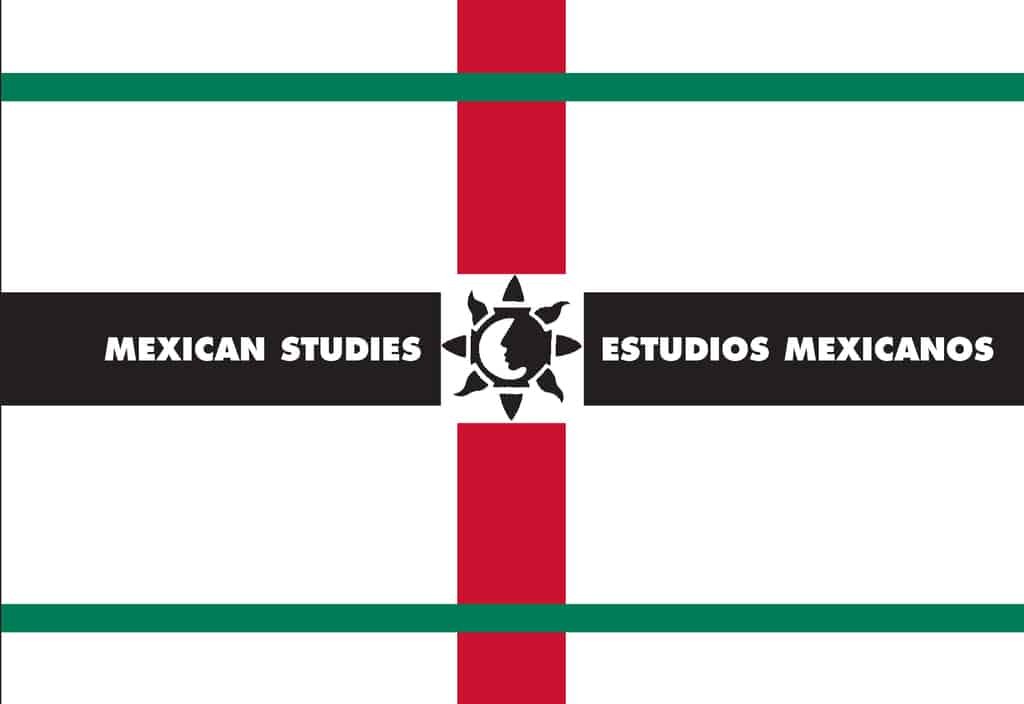Made in Baja
About the Author
From Our Blog

Mexican Studies’s Incoming Editor Christian Zlolniski Discusses Expanded Scope for the Journal
Table of Contents
Acknowledgments
Introduction
1. The Birth and Development of Export Agriculture in the San Quintín Valley
2. Transnational Agribusiness, Local Growers, and Discontents
3. Labor Recruitment: From Local to Transnational Labor Contractors
4. “They Want First-Class Workers with Third World Wages”: The Workplace Regime of Transnational Agriculture
5. Resisting the Carrilla in the Workplace: Forms of Labor Protests
6. Colonizing and Establishing Roots in Arid Lands
7. Watercide: Export Agriculture, Water Insecurity, and Social Unrest
Conclusion
Appendix: Policy Recommendations
Notes
References
Index
Reviews
— American Anthropologist"Zlolniski’s book is a detailed account that demonstrates very effectively how ethnography can be marshaled to rehumanize the global processes of production, consumption, and exchange that often seem to leave little room for any form of humanity, community, or social solidarity."
— Anthropology Book Forum"This is an important and recommended book for anthropologists with a political economy orientation and interested in agriculture and capitalism beyond the topic of peasant studies."
“A comprehensive description of the regional transformation brought to Baja due to transnational agricultural production, grounded in sound and solid ethnography.”—David Craig Griffith, author of American Guestworkers: Jamaicans and Mexicans in the U.S. Labor Market
“The single best description and analysis of the increasingly important shift of high-value, specialized agricultural goods from Canada and the United States to Latin America.”—Josiah Heyman, coeditor of The U.S.-Mexico Transborder Region
"Made in Baja is an important contribution to our understanding of global agriculture in all its dimensions. Zlolniski describes, analyzes and reveals the plight and creative strategies of indigenous and Mexican field workers, migrants and settlers in Baja California. In this book agricultural development goes beyond labor and crop development, and includes the consequences of population growth and lack of infrastructure, while introducing new concepts that address the human/social issues that are a result of large scale transnational agriculture."—Roberto R. Alvarez, author of Mangos, Chiles and Truckers: the Business of Transnationalism
